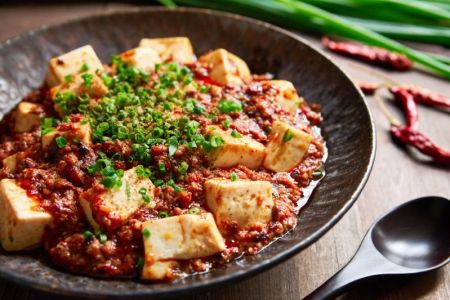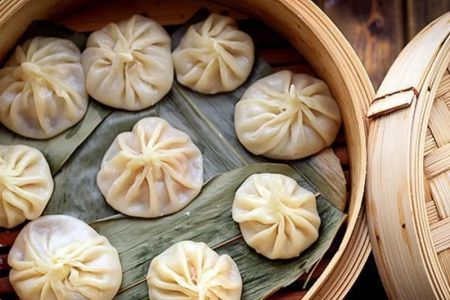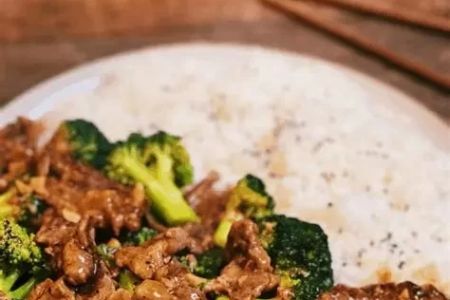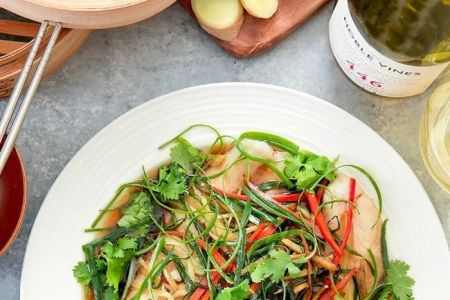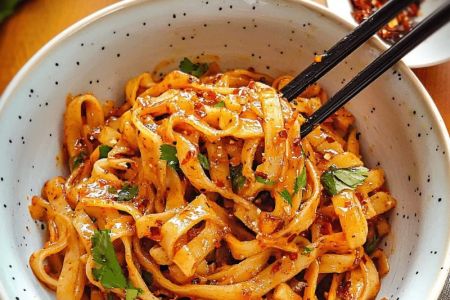- 1 - The Cultural Role of Seasoning in Chinese Cooking - #cultural-role-seasoning
- 2 - Salt: Foundation of Balance in Chinese Flavors - #salt-balance-chinese-cooking
- 3 - Sugar: Subtle Sweetness and Harmony - #sugar-sweetness-harmony
- 4 - Umami: The Depth That Defines Authentic Dishes - #umami-depth-chinese-food
- 5 - Case Studies: Classic Chinese Dishes and Their Seasonings - #classic-dishes-seasonings
- 6 - Modern Adaptations and Global Influence - #modern-adaptations-global
- 7 - Practical Tips for Home Cooks - #practical-tips-home-cooking
1 - The Cultural Role of Seasoning in Chinese Cooking
The importance of seasoning in Chinese cooking cannot be overstated. For centuries, flavor has been considered not just a matter of taste but also a reflection of balance, health, and cultural tradition. In many Chinese households, seasoning decisions are often tied to family customs and even regional philosophies. Unlike Western cuisine, which may highlight individual flavors, Chinese cooking places emphasis on harmony—where salt, sugar, and umami must coexist in balance. This approach explains why even a simple stir-fry feels layered, complex, and deeply satisfying. For those curious about exploring authentic flavor balance, Chinese Food offers resources and products that can help replicate traditional taste profiles at home.
2 - Salt: Foundation of Balance in Chinese Flavors
Salt has always been more than just a seasoning in Chinese cooking—it’s a building block of balance. From soy sauce to salted fish, salt introduces depth and highlights the natural sweetness of vegetables and proteins. In fact, regional dishes like Sichuan hot pot or Cantonese steamed fish demonstrate how salt is carefully calibrated to enhance but never overpower. Historically, salt was even used as a form of currency in ancient China, underlining its immense value not just economically but also culturally. In the context of the importance of seasoning in Chinese cooking, salt represents stability and foundation.
3 - Sugar: Subtle Sweetness and Harmony
In Chinese cuisine, sugar is rarely about dessert-level sweetness; instead, it plays a balancing role. A dash of sugar can soften bitterness in stir-fried greens or round out the sharp edges of vinegar in sweet-and-sour dishes. Take, for example, Shanghai-style red-braised pork belly (*hong shao rou*), where sugar caramelizes into a glossy sauce, adding both flavor and texture. Sugar provides harmony, turning robust flavors into something approachable and memorable. This highlights once again the importance of seasoning in Chinese cooking, where small adjustments can transform an ordinary dish into a culinary masterpiece.
4 - Umami: The Depth That Defines Authentic Dishes
While Western discussions of flavor often focus on salt and sweet, Chinese cuisine has long embraced umami. Found in ingredients like shiitake mushrooms, dried shrimp, or fermented bean paste, umami creates a lingering depth that elevates a dish. Cantonese dim sum, for example, uses dried scallops for their savory richness, while northern Chinese dumplings often rely on soy sauce for an umami punch. Understanding how to layer umami is essential for home cooks who want authentic results. This core component is central to the importance of seasoning in Chinese cooking: salt, sugar, and umami working together in perfect unity.
5 - Case Studies: Classic Chinese Dishes and Their Seasonings
Consider a few classics to see how seasoning drives flavor. Mapo tofu, a Sichuan specialty, is famous for its bold chili heat, but without the salty depth of fermented black beans and the subtle sweetness balancing the spice, the dish would feel incomplete. In contrast, Cantonese congee relies on gentle umami from century eggs and salted pork, paired with mild ginger for depth. Each dish showcases how Chinese cuisine views seasoning as the heart of the recipe. These examples perfectly illustrate the importance of seasoning in Chinese cooking—without the interplay of salt, sugar, and umami, the cultural soul of the food would be lost.
6 - Modern Adaptations and Global Influence
As Chinese cooking spreads globally, the principles of seasoning have adapted without losing their essence. In American-Chinese restaurants, dishes like General Tso’s chicken or orange chicken lean more heavily on sugar to match local palates, while still preserving the salt-umami foundation. Internationally, chefs are now using Chinese seasoning methods to elevate fusion cuisine, blending soy sauce with Mediterranean herbs or pairing umami-rich miso with traditional stir-fry. This adaptability underscores why the importance of seasoning in Chinese cooking resonates far beyond its borders, making it a global culinary language.
7 - Practical Tips for Home Cooks
For those experimenting in their own kitchens, mastering seasoning is key to success. Start by learning balance: use salt not just to season, but to draw out hidden flavors; let sugar act as a supporting note rather than the star; and never underestimate the power of umami-rich ingredients like oyster sauce or dried mushrooms. Cooking is also about trust—trusting your senses, adjusting based on taste, and being willing to experiment. As you continue exploring, you’ll find that the importance of seasoning in Chinese cooking is as much about intuition as it is about tradition. For high-quality sauces, seasonings, and cooking essentials, Chinese Food provides curated recommendations to help home chefs bring authentic Chinese flavors to the table.


